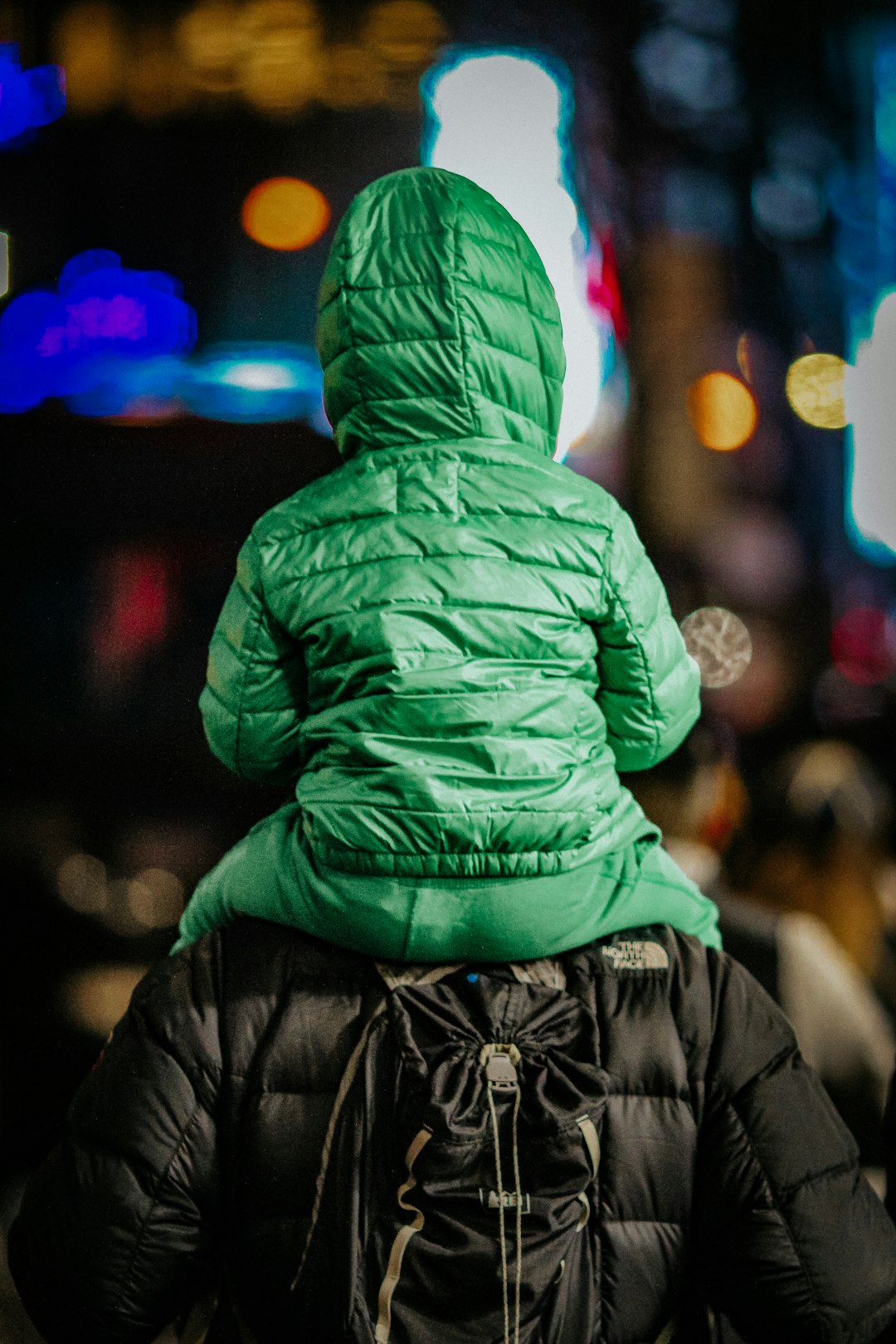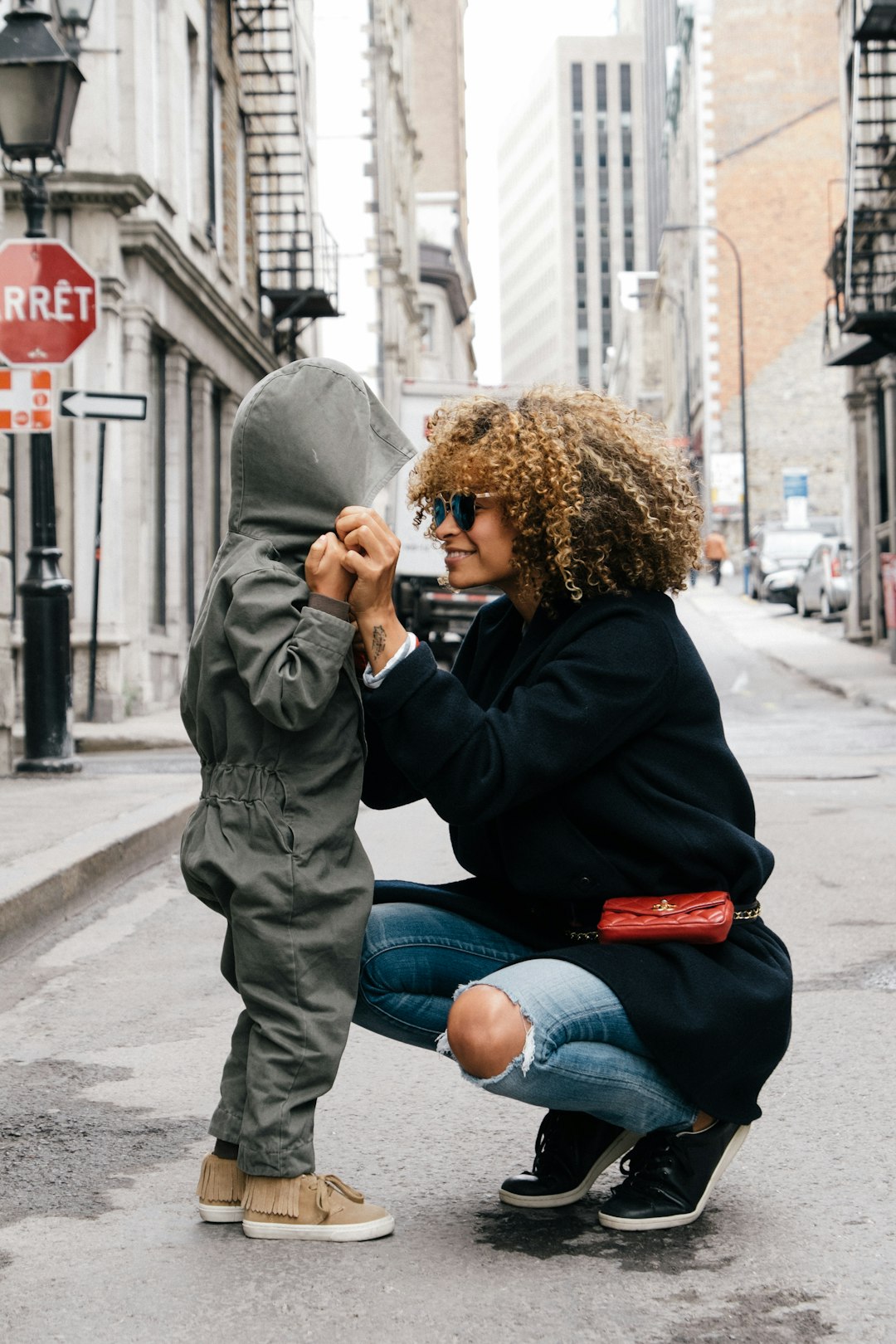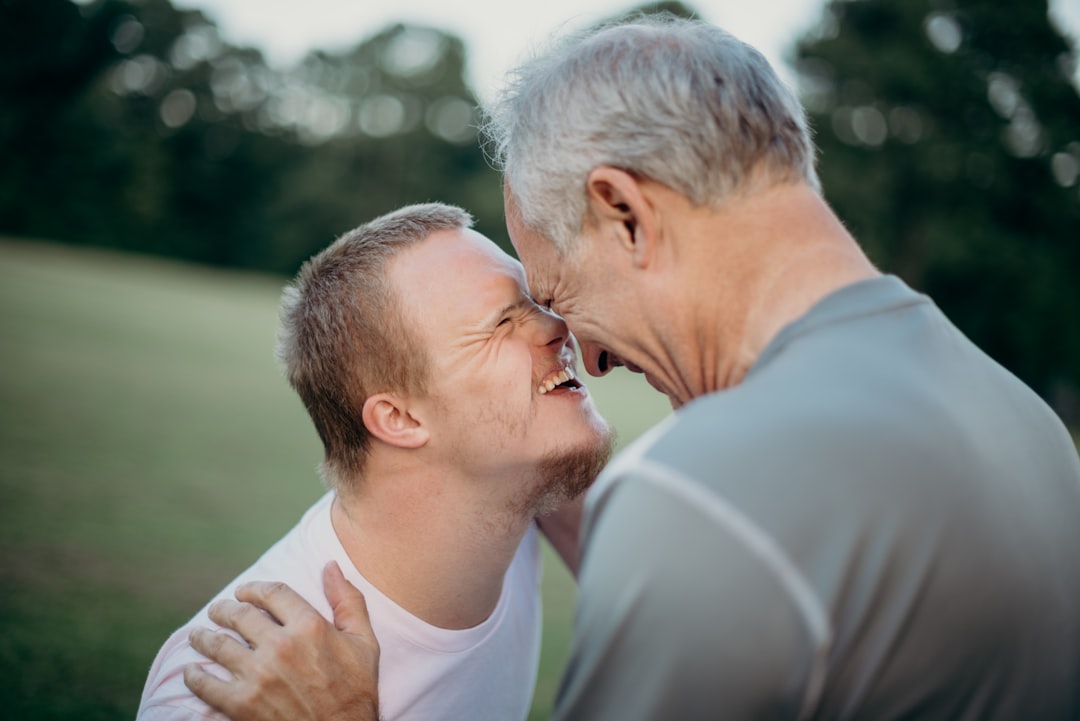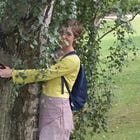You can listen to this episode on my podcast (click here for all hosting platforms):
Parenting
This recent article for The New Yorker goes back to 1968 when a mother’s love for her gay son led to the formation of PFLAG (Parents and Friends of Lesbians and Gays). And I think this quote from the mother - Jeanne Manford - sums up what it means to be a parent of anyone, that is, to love unconditionally:
You could fit most of the solar system into the chasm between how the average American of the era would have reacted in that hypothetical situation and how Jeanne Manford responded upon learning that Morty was gay. She was dismayed to discover that his sexual orientation had troubled him for so long, but she herself was not concerned about it. Not for a moment did she entertain the possibility that something was wrong with him. Not for a moment did she wonder, as the otherwise supportive Jules initially did, if his gayness reflected some failing of theirs as parents. And not for a moment did she worry about how other people would react; she told her sisters and friends right away, making plain that she was fine with the information and they had better be, too. “You don’t love him in spite of something,” she later declared on national television, her face free of shadow or blur. “You love him.”
Defining
Cambridge tells us that a parent is “a mother or father of a person or an animal, or someone who looks after a person in the same way that a parent does.”
Even without a biological child, most adults at some point parent. They parent another child or an animal. They look after a friend.
Although parenting originally was linked to biology and ancestry, it no longer necessarily has that meaning.
From the Online Etymology Dictionary:
parent (n.)
early 15c. (late 12c. as a surname), "a mother or father; a forebear, ancestor," from Old French parent "father, parent, relative, kin" (11c.) and directly from Latin parentem (nominative parens) "father or mother, ancestor," noun use of present participle of parire "bring forth, give birth to, produce," from PIE root *pere- (1) "to produce, bring forth." Began to replace native elder after c. 1500.
parent (v.)
1660s, transitive, "be or act as a parent to," from parent (n.). Intransitive sense of "be a parent" is by 1959. Related: Parented; parenting.
I also love that ‘parenting,’ according to the same source, used to be called ‘parentcraft’ in some places. It makes it sound like either an art or a manipulative practice, I’m not sure which. I think sometimes I channel each of these with my son.
Culture and parenting
Here are a few different ideas about parenting from around the world.
Yogi Sadhguru from India talks about parenting as being ‘inclusive’ in a way that questions philosophically who is a parent and who is not:
Here’s Ysis Lorenna talking about what she sees as cultural differences in parenting between the UK and Brazil:
Then, there’s the idea that it “takes a village” to raise a child, which comes from Africa but that Hillary Clinton made popular with her book. Here is clinical psychologist Natasha Babul (who grew up in foster care) sharing her ideas about this concept:
Gendered words and roles
Many now use the more generic parent in place of mother or father as well in order to avoid gender biases within the roles associated with the words or complicate things when families have two fathers or two mothers, or more than two parents, or single parents, or transgender parents…
Basically, there are a lot of options, and that’s great.
Some of the articles mean well but create more complication in their advice. Take this one from Australia for example in MamaMia:
Newscorp reports the handbook urges people wanting to refer to mums and dads to say 'gestational parent' instead of mother and 'non-birthing parent' instead of father when talking to colleagues and students.
It’s crystal clear, however, that the ‘mum’ may not be a ‘gestational parent’ at all. Other examples they discuss perhaps make more sense:
UK health officials have asked nurses at two hospitals to substitute the term 'breast milk' for 'chest milk' or 'human milk' in an effort to be more inclusive to trans and non-binary parents. 'Breastfeeding' will instead be referred to as 'chestfeeding'.
Some studies like this one try to research the effects of mothers vs. fathers (and their absence) on children. Most confirm there is very little difference between gay and straight parents (which tends to be the researched opposition). A lot of this research was done to either prove or disprove the capability of gay parents. It seemed like these studies were forgetting also about the large number of children who only live with one parent, which is 23% of children in the US.
And then if it’s a single parent family, that person would take fathering and mothering roles themselves? Or through friends and relatives?
Of course, there have always been many kinds of alternative families and in some cultures, families have never looked like a home with a mom and dad and kids. In the Western World, some television and film have given positive models to viewers, such as Modern Family, Punky Brewster, Doc McStuffins, Little Miss Sunshine, Uncle, and even the Wayne Wang / Paul Auster collab we looked at a couple weeks ago: Smoke. A different and wonderful kind of Alternative Family is also looked at in Jennie Livingston’s documentary Paris is Burning, which I’ll be coming back to in June.
[Uncle is still on BBC iPlayer…I loved it! Check out this trailer.]
It’s good to have different kinds of role models, but parenting is about giving love, helping children understand the world, giving caring boundaries as well as encouraging independence at the right time. It’s about helping children be safe and happy. Although, it’s not always or usually the parent’s fault if that child is struggling either.
Still, there are societal factors, and sometimes biological factors, that change situations for (traditionally named) mothers and fathers. Laws as well as social constructs around maternity and paternity leave, for example, affect people differently. In the small but international city of Basel, I have seen many dads on the playground with their children during typical working hours. But my stay-at-home dad friend in the surrounding countryside tells me he gets strange stares from the locals when he does the same thing. The stares are even stronger when he’s there with his husband. At least in Switzerland, it usually stays at that: stares.
I’m going to stick with the stare for a bit now. There’s actually a thing called the Swiss stare which happens at really odd times in my experience. Swiss blogger Mike Callaghan (who lives in Canada) explains the act as “not rude” but as survival: “The Swiss stare to ensure their very survival.” If we follow from this logic and the explanation in the rest of his blog, then the stare in the case of my friend might mean several things: a warning for being different (not so good…), a curiosity at difference (perhaps with desire to engage with the object but unsure how to do so, especially if they speak different languages), an unintentional stare of fatigue. Perhaps there are more possibilities as well. The point is that we really can’t take it personally, even though it’s difficult not to, and instead share with others the way our difference is valid, healthy, and to be celebrated.
Still on stares, it makes me think back to an experience in Hong Kong. We had a refugee student from the Democratic Republic of the Congo who was Black (relevant to the anecdote). I was his advisor in part because we could speak French together, which was one of his Mother Tongues. Several teachers and the director took a kind of parenting role with him, because he was living on his own. So in a way, we were all forming a kind of alternative family, one that could not replace having his family from home around but that tried to do what we could to support him.
On one occasion, the young man had a problem with his leg that required going to the hospital and I accompanied him on this trip. We were in the New Territories, which meant that looking around the hospital, most people were from Hong Kong or China and were Asian in race. Many school children in the area would also have quite a homogenous upbringing, relatively speaking. So, we sat in a waiting area and were just having a chat. This girl of about twelve years old or so slowly walked toward us and stopped right in front of my student. She stopped and stared. It was probably only a couple of seconds, but I was worried about what she would say and trying to think of what to say to my student.
Suddenly she spoke up, in very good English: ‘You are so beautiful!’ Then she shook his hand and walked away. The young man was beaming and laughing. Not all of his experiences were this positive, but he was one of those people who really tried to see the best in humanity despite the horrific violence in his home, and I was happy that he had witnessed it again at that moment.
Back to my point about laws and social constructs, there can also be biological factors on parents and their roles such as the impact on a person before and after giving birth as well as breastfeeding, or “chestfeeding.” And the way family and cultural traditions might create certain ways of acting or thinking about one’s role within a parent’s new role.
But is there truly any difference between a mother and father in their parenting roles? Is there a difference to a person who chooses not to parent, in the traditional sense, or is not able to? What are the pressures we all face in the various roles that can be called parenting, and what are the rewards?
For many, it may seem like a no brainer: just treat people with respect and if the kid is well cared for, then great! But we still have discourse fighting the variety of parents, families, and personal choices that are out there. Recently, a woman was attacked on the floor of the US House of Representatives when Marjorie Taylor Greene told her she was “not a mother” because she had adopted her children (the biological children of her wife). And in a few weeks, we’ll look at the attacks (often more subtle, but just as dangerous) on childlessness.
This month, we’ll take a look at narratives around fathering, mothering, and childlessness. We’ll look at films, books, and shorter pieces on the different concepts. We’ll investigate the connotations and denotations. We’ll consider further questions.
What issues around parenting frustrate you? Inspire you? Fascinate you? Confuse you?
Finally, I’ll leave you with George Saunders’ opening to his Sunday post this week:
First, let me wish you all a Happy Mother’s Day. Sending out much love to all of you who are mothers and also to all of you (of us) who manage, even for a few seconds a day, to be maternal in the best sense, i.e., loving, patient, present, generous.









What a beautiful article. You tackled the sensitivities with kindness and good faith. I have never had children although I do have views on parenting of course. Even if you have never been a parent you have been a child, and you will remember what was positive and what was negative about the experience! I can imagine how difficult it must be to navigate these turbulent times as a parent and I feel for all parents. Thanks Kate, this was really interesting. The clip of Sadhguru was superb.
Great piece. As a side note I really hope "chestfeeding" doesn't become an actual term used by our medical institutions.